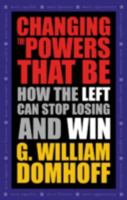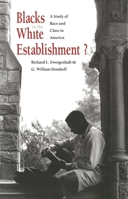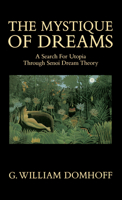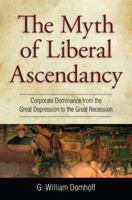The Fletcher Diaries: A Historical adventure featuring fletcher Christian
Select Format
Select Condition 
Book Overview
On 28 April 1789 one of the most fascinating and endearing stories began, when men of the HMAV Bounty, rebelled and threw the Captain, William Bligh from the ship, setting him adrift with 18 other men, in a longboat. Bligh managed to navigate over 3,500 nautical miles, with just a broken sextant, a quadrant, a compass, and a table for navigation. Meanwhile the mutineers, under the leadership of Fletcher Christian, headed back to Tahiti, and eventually to establish a hideout on what is now known as Pitcairn island. None one heard of the mutineers again but there were various rumours about what had happened to Fletcher Christian, he had fallen from a cliff, been killed in a fight, and one rumour suggested that he had been seen back in England.Now in a new work of historical fiction, Mike George presents a unique adventure story of Fletcher Christian, in the lost years after arriving on Pitcairn island. There are larger than life characters, set against historically correct events of the time, that take the reader over three continents and four oceans.These, are the Fletcher diaries.
Format:Hardcover
Language:English
ISBN:0691116865
ISBN13:9780691116860
Release Date:April 2004
Publisher:Princeton University Press
Length:400 Pages
Weight:1.60 lbs.
Dimensions:1.2" x 6.0" x 9.3"
More by G. William Domhoff
Customer Reviews
2 customer ratings | 2 reviews
There are currently no reviews. Be the first to review this work.












































